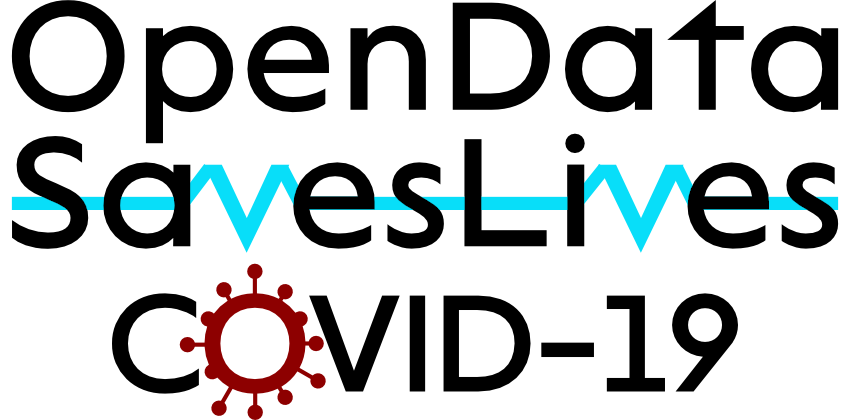
On Thursday 26 March 2020, the Open Data Institute Leeds, Beautiful Information and NHS Digital joined forces to host the inaugural Open Data Saves Lives hackathon in response to the Covid-19 pandemic.
The #OpenDataSavesLives COVID-19 response has now been active for 5 weeks, with a 6th online session scheduled for 30 April. The response to the project has been brilliant, and each week sees a new organisation come onboard to support the sharing of work and data in the open for all to benefit. From the British Red Cross vulnerability index to the program of free support being offered by the Open Data Institute, people have been drawn to #OpenDataSavesLives to share knowledge, experience, and their project needs in the hope of finding the data or expertise.
One of the most useful outcomes from the work so far has included a diverse set of use-cases that publishers (such as local authorities, health organisations, etc) can use to guide their data releases. This represents a commitment and dedication from organisations, big and small, to engage with the data community so that they can produce useful data during these challenging times. Other outcomes include a comprehensive Google Doc of projects, resources, and articles; a data page; a single place where people can request help; and the pro-active community that has formed around #OpenDataSavesLives, all supporting the need for more open data and open innovation methods.
Alongside productive outcomes, we have documented the pervasive problems that seem to come up in every session. The most significant of these problems is the lack of communication and sharing from ‘central’ back to ‘local’.’ For example, if local authorities are sending data to central government for the benefit of national data/analysis, access to similar data from other local authorities is not coming back. If a place is responding well to the pandemic or is trying something different, their data would be useful for others to learn from.
As #OpenDataSavesLives moves forward, we are shifting the emphasis from discovering what is out there (and how to connect people) to how we start to fix some of the underlying problems. The online sessions are open to everyone and we welcome anyone who wants to help tackle the larger data access problems so that we can all benefit from open data.